Table of Contents
Preposition in English Grammar:
A Preposition is a word placed before a Noun or a Pronoun or their equivalents in the Objective Case to show its relation to the rest of the sentence; as
- Please write with a pen.
- Do not run after worldly things.
- He will be here in a few hours.
Here, pen, things, and hours are the Objects of the Prepositions with, after, and in respectively.
Note: In sentences where the Interrogative Pronouns or Relative Pronouns are used; the Preposition is placed after its object; as
- What are you looking for? [Interrogative ‘what‘ is the object of Preposition ‘for‘]
- Here is the book that you are searching for. [The Relative Pronoun ‘that‘ is the Object of Preposition ‘for‘]
Kinds of Preposition:
(1) Simple Prepositions; as,
In, into, on, at, under, of, for, from, over, down, round, to, after, before, by, with, since, etc.
(2) Compound Prepositions; as,
Alone, inside, outside, upon, towards, between, among, across, until, within, without, underneath, beneath, amidst, amongst, etc.
(3) Couple Prepositions; as,
Far off, from within, from behind, out of, over again, etc.
(4) Participle Prepositions; as,
Considering, including, regarding, expecting, etc.
(5) Phrase Prepositions; as,
In front of, in spite of, out of, on account of, by means of, by dint of, by virtue of, etc.
Prepositions Distinguished:
(1) Between, among:
Between is used for two persons or things; among is used for more than two; as,
- Divide these apples between Sonia and Pooja.
- Divide these apples among five girls.
(2) In, into:
In shows resting within anything; into shows motion inward anything; as,
- The pen is in my pocket.
- I put the pen into my pocket.
(3) In, within:
In and within both refer to time. In means at the expiry of; within means before the expiry of; as,
- He will return in a month. (at the expiry of one month)
- He will return within a month. (before the expiry of one month)
(4) In, after:
In refers to a period of time usually in future, after refers to a period of time usually in the past; as,
- I will come back in a week.
- I came back after a week.
(5) On, upon:
On shows rest; upon shows movement; as,
- The book is lying on the table.
- The dog sprang upon the table.
(6) With, by:
With shows the instrument used for doing anything; by refers to the doer or the agent; as,
- It was done by me.
- I did it with my own hands.
(7) Till, to:
Till is used for time, to is used for place; as,
- Please wait here till I return.
- She ran to a safe place.
(8) After, behind:
After refers to time; behind refers to place; as,
- He returned after an hour.
- The culprit was put behind the bars.
(9) At, in:
(I) At is used with the names of small town, village or street; in is used with city, country or continent; as,
- I was born at a village but now I live in a city.
- My friend lives at Darya Ganj in Delhi.
(II) At is used to denote a point of time; while in is used for a period of time; as,
- I usually get up at 5 A.M.
- She will return in a few days.
(10) Beside, besides:
Beside means by the side of; while besides means in addition to; as,
- Please come in and sit beside me.
- Besides being fined, he was punished by the teacher.
(11) Since, for, from:
(I) Since is used for a point of time and for the period of time. Both since and for are preceded by a Verb in the Perfect Continuous Tense; as,
- Boys have been playing since morning.
- Boys have been playing for an hour.
(II) From is used for a point of time, places or days but it can be preceded by any tense; as,
- I work (Present Tense) from morning till evening.
- The postman went (Past Tense) from door to door.
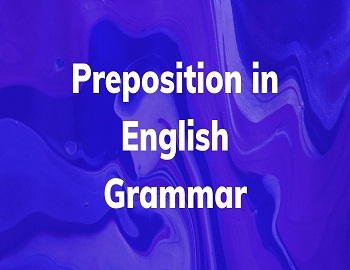
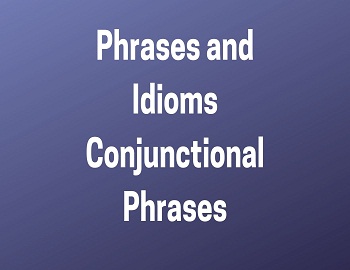
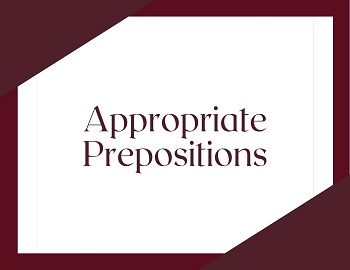
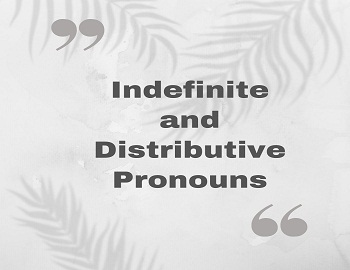
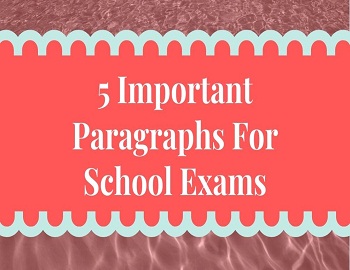
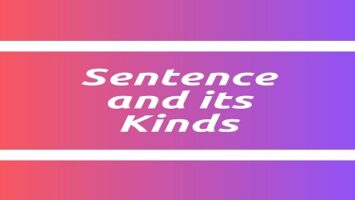
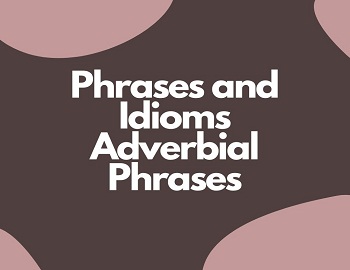
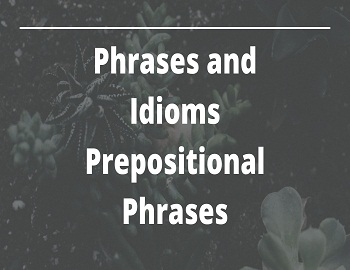

Comments (No)